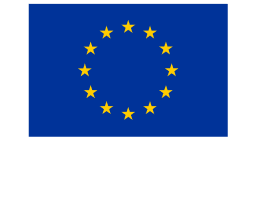Non-state actors
4.62-0.10
From a resilience perspective, non-state actors play a role in responding to organized crime to supplement government care and by ensuring ‘checks and balances’ against governments to ensure resilience to organized crime. The nonstate actors indicator is also a measure of the degree to which civil society organizations are able and allowed to play a role in responding to organized crime across the spectrum, from victim support to crime prevention.
Civil society organizations are engaged in local communities, where ownership of initiatives against organized crime is formed, leading to more sustainable response measures. Similarly, the media is critical in the role it plays holding governments to account and provides a voice for communities by mobilizing civil society against the threat of organized crime among local populations. Thus, the more civil society capacity a state has, the more resilient it is to organized crime.




